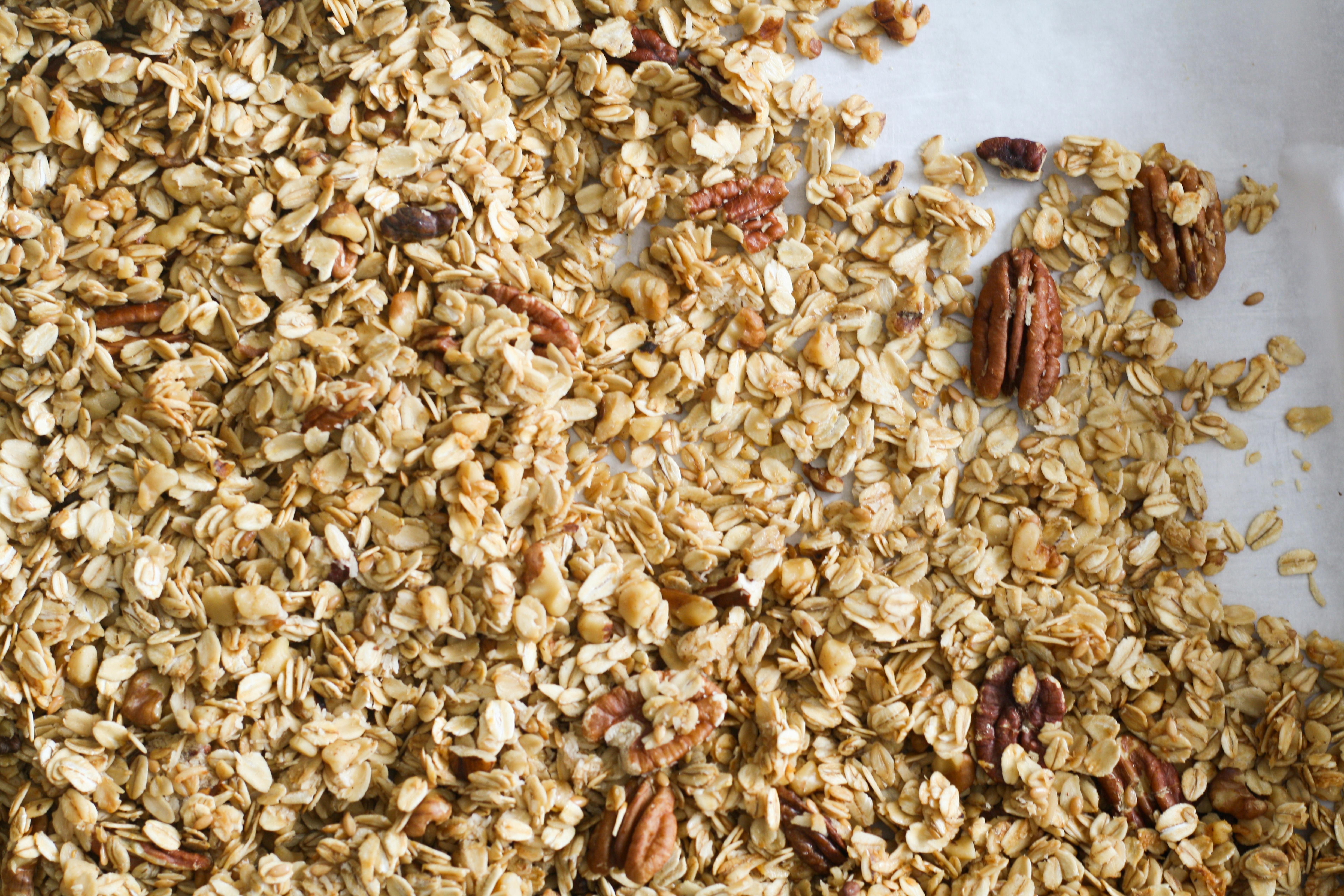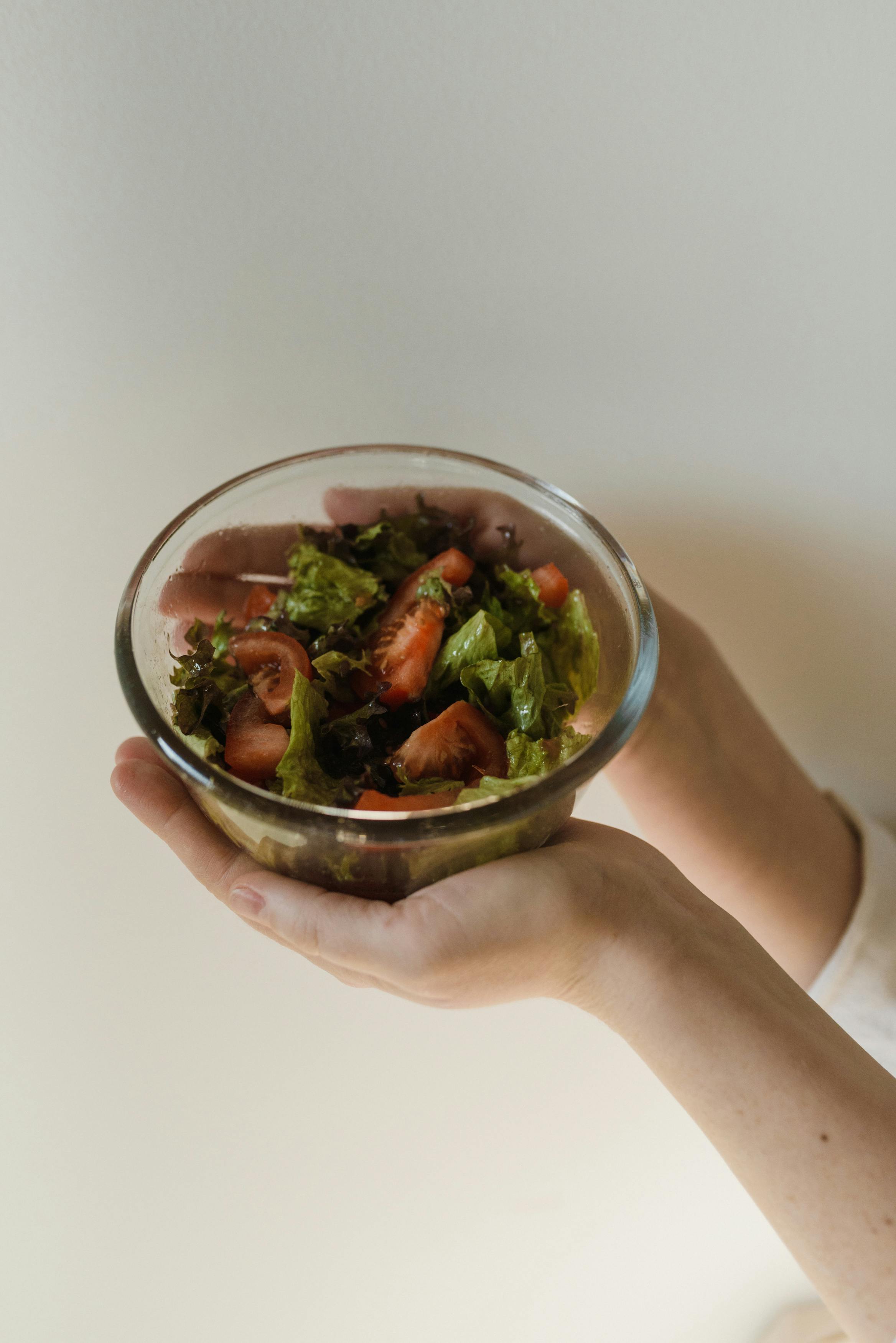
Apply Now


Essential Guide to Dog Pancreatitis Diet for Improved Health
Understanding Dog Pancreatitis
Dog pancreatitis is a severe inflammation of the pancreas that can lead to significant health issues. Recognizing the symptoms of pancreatitis in dogs is crucial for timely treatment. Common signs include vomiting, loss of appetite, lethargy, abdominal pain, and changes in behavior. Early detection and intervention are vital in managing this condition, as it can lead to complications if left untreated. Understanding the causes, such as high-fat diets, certain medications, or underlying health issues, is essential for prevention and recovery. One of the most effective ways to manage dog pancreatitis is through a carefully curated diet. A dog pancreatitis diet focuses on low-fat, high-quality ingredients that promote recovery and support digestive health. Consulting with a veterinarian for individualized diet plans is highly recommended to ensure the best outcome for your furry friend.Dietary Guidelines for Dogs with Pancreatitis
When selecting a diet for dogs with pancreatitis, it is important to follow specific dietary guidelines. Incorporating low-fat dog food, like veterinary diets specifically formulated for pancreatitis, can aid in managing symptoms effectively. A balanced diet should also include easily digestible carbohydrates and lean protein sources, ensuring that your dog receives essential nutrients while minimizing the workload on the pancreas. Home-cooked meals for dogs can be a great option, allowing owners to control the ingredients and ensure that they are suitable for their pet's condition. Including safe vegetables such as green beans, carrots, and sweet potatoes can enhance nutrient intake. However, avoiding high-fat foods, such as fatty meats and dairy products, is crucial in preventing pancreatitis flare-ups.Best Practices for Feeding Dogs with Pancreatitis
Implementing best practices for feeding your dog with pancreatitis can significantly enhance their health and recovery. Regular feeding schedules with smaller, more frequent meals can prevent overwhelming your dog's digestive system. Hydration is also vital; ensure fresh water is always available, as staying hydrated supports kidney and overall dog health. Additionally, monitoring your dog's body condition is essential in managing their weight. Obesity can worsen symptoms of pancreatitis, so incorporating weight control strategies into your dog's routine can be beneficial. If you're unsure about appropriate portion sizes or have concerns about your dog's weight, consulting a veterinarian for tailored advice is crucial.Natural Remedies and Supplements for Dog Pancreatitis
In addition to a specialized diet, certain natural remedies and supplements can support dog digestive health and recovery from pancreatitis. Probiotics may help improve gut flora and digestive function, fostering a healthy digestive system. Similarly, omega-3 fatty acids can provide anti-inflammatory benefits, aiding in reducing the inflammation associated with pancreatitis. Furthermore, dietary fiber plays a significant role in managing digestive health. Sources like pumpkin can help regulate digestion while also providing essential nutrients. Together, these natural remedies can augment your dog’s diet, enhancing overall health and wellbeing.Recipes for Dogs with Pancreatitis
Home-cooked meals tailored for dogs with pancreatitis can be both tasty and nutritious. Simple recipes can include lean proteins such as turkey or chicken, paired with low-fat carbohydrates like rice or quinoa and safe vegetables. Striking the right balance between nutrients is crucial; always ensure that your recipes adhere to the dietary guidelines recommended for dogs with pancreatitis. Simple and easy dog food recipes can boost your dog’s appetite and give them a sense of variety in their diet. Incorporating ingredients like fish, which is beneficial due to its omega-3 content, can further elevate the nutritional profile of their meals. Always be cautious of introducing new foods and monitor for any signs of discomfort or adverse reactions.Monitoring Dog Diet During Recovery
Importance of Regular Veterinary Check-Ups
Regular veterinary check-ups are vital for monitoring your dog’s recovery from pancreatitis. These visits allow you to discuss any changes in symptoms or concerns regarding their diet and overall health. During these check-ups, veterinarians can reassess dietary needs, potentially making adjustments to ensure the continued health of your dog. Emergency signs such as persistent vomiting, severe lethargy, or signs of pain should prompt immediate veterinary consultation. Keeping a close eye on your dog’s health and diet will help in preventing future flare-ups and complications associated with pancreatitis.Foods to Avoid for Dogs with Pancreatitis
Recognizing foods to avoid is crucial in managing your dog’s pancreatitis effectively. High-fat treats, dairy products, and certain grains can exacerbate symptoms and lead to flare-ups. Moreover, human foods such as table scraps and fatty leftovers should be strictly off-limits. Being aware of signs of pancreatitis flare-up will help you maintain your dog’s health. Symptoms such as abdominal pain, changes in appetite, and unusual behavior should prompt adjustments in their diet and possibly the re-evaluation of their current food.Transitioning Dog Food Safely
When switching your dog’s diet, particularly during recovery from pancreatitis, it’s essential to transition their food gradually. A sudden change can disturb their digestive system, leading to complications. Begin by mixing their new food with their current food and gradually increasing the ratio of new food over several days. Monitoring your dog’s reaction to new food is essential. Observe for any adverse reactions or worsening of symptoms, and consult with your veterinarian if necessary. This careful approach will ensure a smooth transition to a diet that is best suited for your dog’s health condition.
Enhancing Your Dog’s Immune System
Incorporating dietary practices that enhance your dog’s immune system can play a significant role in their recovery from pancreatitis. Foods rich in antioxidants, such as certain fruits and vegetables, can help combat oxidative stress and support immune health. Additionally, pet dietary supplements that provide essential nutrients can bolster your dog's overall health. Speak with your veterinarian about the best options for your pet’s specific needs. They can recommend products that align with your goals for managing your dog's pancreatitis effectively.Feeding Raw vs Cooked for Dogs with Pancreatitis
The debate between raw and cooked diets for dogs with pancreatitis is ongoing. Each approach has its benefits and drawbacks. Many vets recommend cooked diets as they are easier to digest and lower in fats compared to raw counterparts, making them more suitable for recovering pancreatitis patients. Nevertheless, if considering a raw diet, it is crucial to ensure the selection of low-fat meat and resources. Balancing the macronutrient content and monitoring your dog's health is essential. Always consult your vet regarding the best options for your dog’s unique health profile.